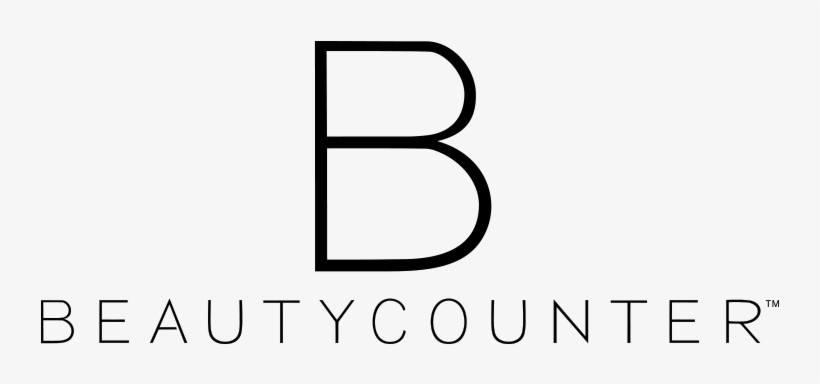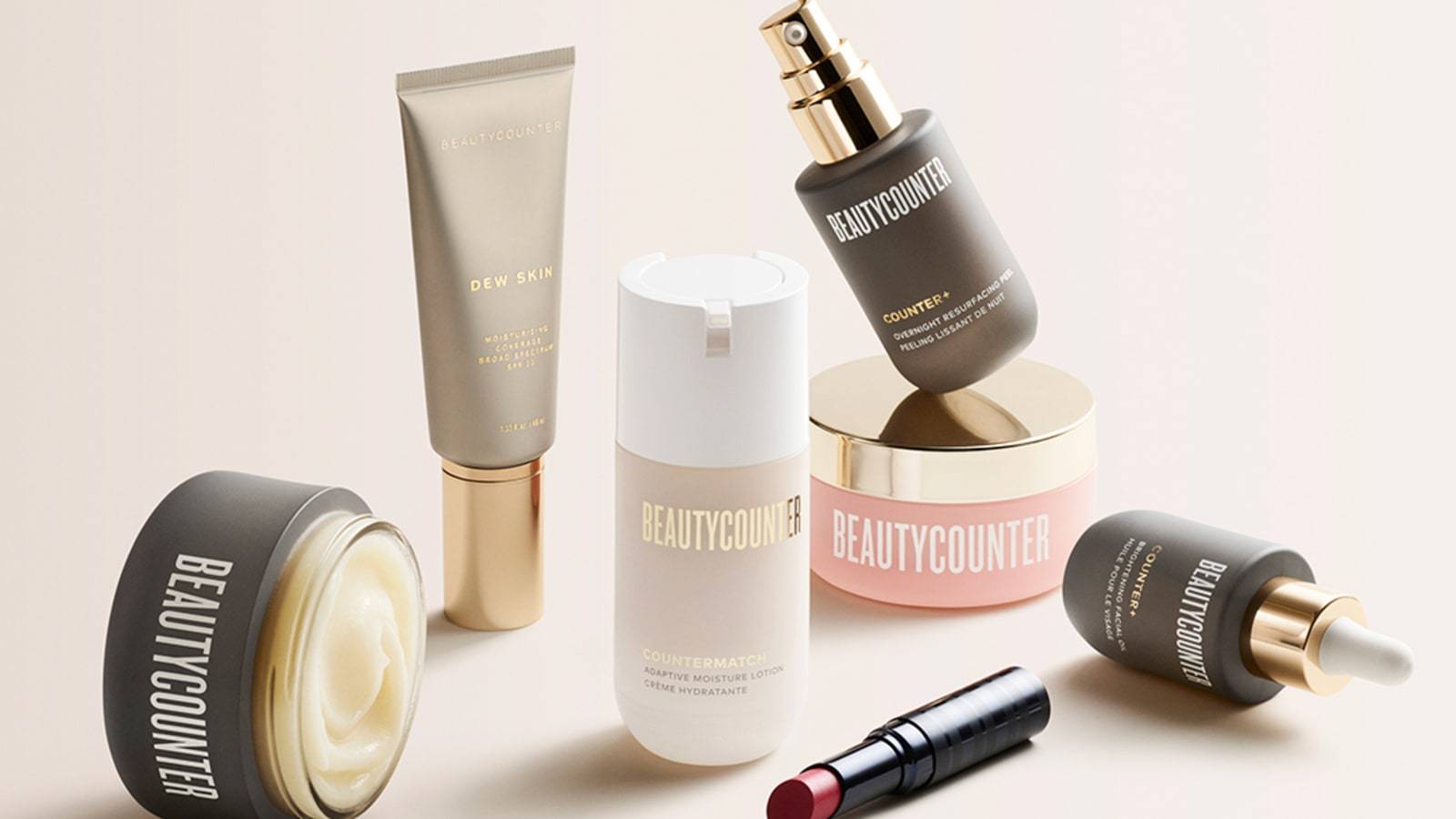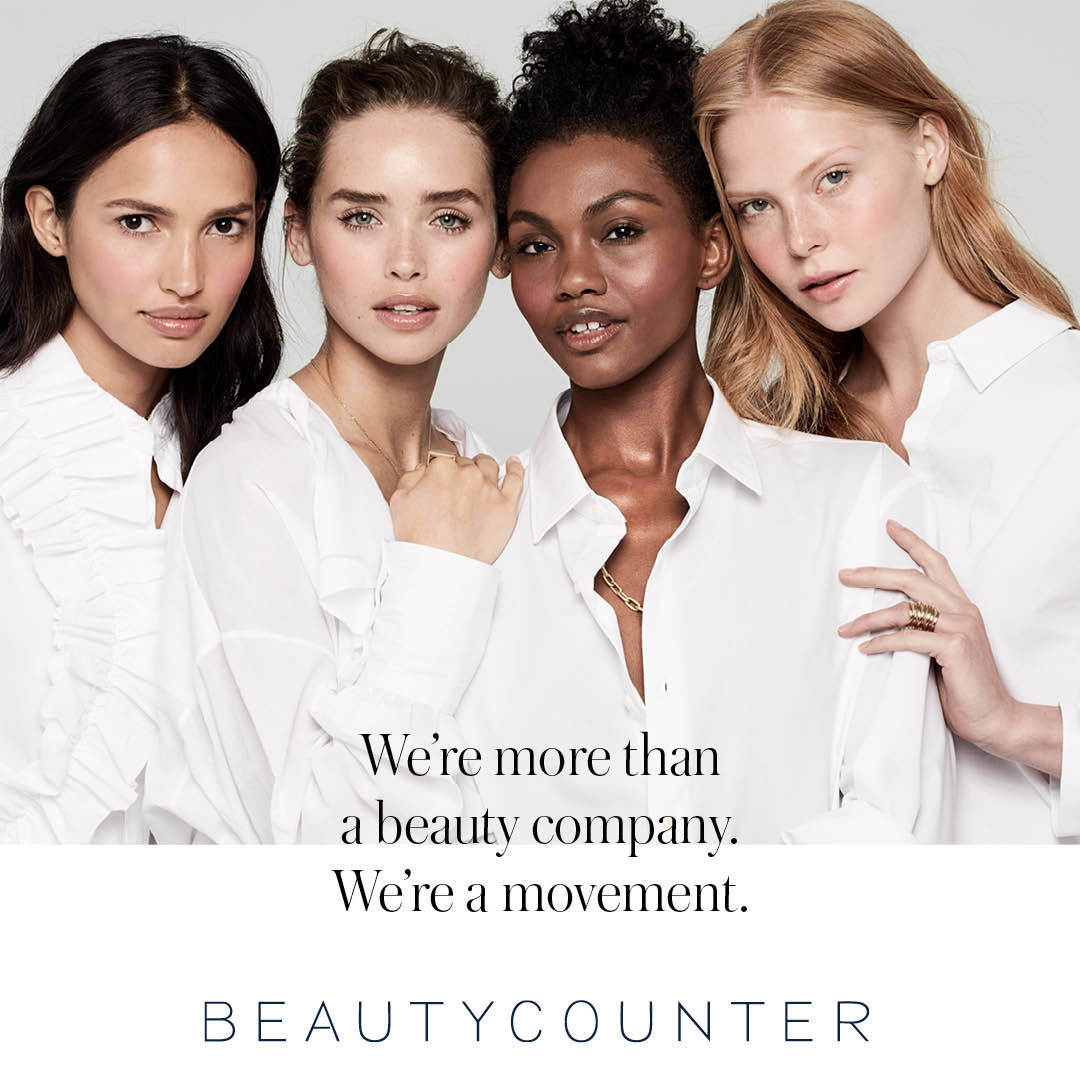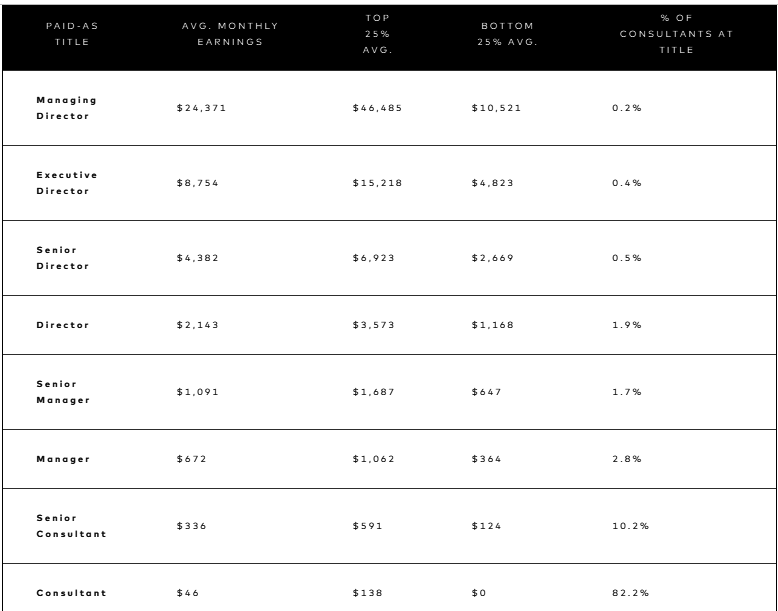Do you know that there are speculations that Queen Elizabeth I died because of the ingredients she had been using in her makeup? I know! People in the past really had a weird taste when it comes to makeup. I mean, who would even fancy a pale white face and look like a Bavarian Dunkin’ Donut? Well, a lot of people during the Elizabethan era obviously loved it as they followed the craze of their queen. Unfortunately, with white lead and vinegar as ingredients to make her signature pale face look and mercury-based makeup remover, the poor Queen Elizabeth I gradually withered. Lucky for you there are “clean beauty” cosmetic products in the market now that promise nothing but natural and safe products. One of them is Beautycounter. Nevertheless, is it really all natural? And most of all, is Beautycounter a pyramid scheme or a legit multi-level marketing (MLM)?
The Basics

- Company: Beautycounter
- Founder: Gregg Renfrew
- Products: cosmetic products
- Website: www.beautycounter.com
- Cost to Join: $50 for Digital Kit or $98 for Enrollment Kit
A lot of companies now focusing on cosmetics have been ruling the market. With lots of women aspiring for beauty in their everyday lives, it is no doubt that cosmetic products never go out of style. Cosmetic companies, on the other hand, build up in a pile as each tries to get the grasp to be on top and it is no doubt that it is Beautycounter’s era now. Promising safe ingredients in the creation of its products, Beautycounter caught the attention of Aphrodite’s descendants.
Founded by Gregg Renfrew in 2013, Beautycounter released its first nine products like eye creams, shampoo and facial cleansers that caught the attention of the public not just through the products’ encouraging efficacy but because of the safety they promise.
To strengthen its mission, Beautycounter established its “Never List” that registers 1,800 questionable and harmful chemicals that the company does not use in its products. This is a big breakthrough for American cosmetic industry as the Food and Drug Administration (FDA) only has 11 banned chemicals in its list. This is comparatively bothersome if you would compare this list to European Union’s which consists of 1,328 chemicals known to cause cancer, genetic mutation, reproductive harm, or birth defects. And the thing is, EU’s list was last revised in 2013 while us, folks, are here getting all the harmful chemicals we could get in all beauty products (No doubt why there are lots of mutated Karens out there. Oh, America!).
Some of the chemicals included on Beautycounter’s Never List are parabens, phthalates and lastly, formaldehyde – which is known in the industry as a preservative ingredient in embalming (like you are being prepared for your early wake).
The use of fragrances in cosmetic products is also being questioned in the cosmetic industry. With their aromatic effects, who would suspect that something’s off about them? Well, I hate to break it to you, Darlin’, but fragrances commonly contain any combination of 3,000-plus stock chemical ingredients including allergens, hormone disruptors and everything that could bring any individual’s health harm. So, why do cosmetic companies still mix them with other beauty products and why don’t they tell the public about it? Unfortunately, fragrance formulas are covered by federal law's classification of trade secrets. Hence, companies are not required to disclose the content of the fragrances mixed in your lotion, foundation, face creams, and whatsoever. So, basically, that’s a loophole for cosmetics companies; gracing the packages of their products with the word “safe” when the truth is every harmful chemical in their products is hiding under the alias “fragrance.”
With that, Beautycounter aims to eradicate the use of such secrecy and promote transparency in the contents of cosmetic products. In 2004, to further promote the company’s belief, Renfrew hired Lindsay Dahl, a public health and environmental advocate. This then gave way for the company and its founder to host a congressional briefing in Washington, D.C. in fall 2015. The briefing tackled the probable harms of under-regulated beauty products. This was followed by another effort when Renfrew, together with 100 women representing all US states, discussed the significance of regulation in the beauty industry in 2016 with senators, representatives, and legislative staff.
To prove itself, Beautycounter volunteered to be assessed and graded by non-profit B Lab every year. With this, the company is hailed as a certified B-corp that meets the highest standards of social and environmental performance, legal accountability, and public transparency.
Well, everything we stated above about Beautycounter does sound perfect; perfect product and perfect advocacy. But does it take away the possibility of the company being a pyramid scheme?
The Products

With lots of competition like Mary Kay, Rodan + Fields, and Bellame, it would surely be almost impossible for any cosmetic companies to make captivating marks in the beauty industry. Nevertheless, Beautycounter surely knows how to pass this. With the company’s transparency and promotion of safe product components, Beautycounter, in no time, caught the spotlight.
Nevertheless, and of course, no cosmetic company is perfect. Despite beautycounter’s advocacy, the company still uses some synthetic ingredients in its products. Nevertheless, the company ensures that all synthetic ingredients being used in the products are below one percent while all products are being tested for heavy metals before releasing them in the market. Beautycounter stated:
“We third party tests all of our color cosmetics for heavy metal contamination during formulation, and again before a new batch comes to market. Also, we strive for non-detectable levels of lead, cadmium, nickel, mercury, arsenic, and other toxic elements.”
Some of these ingredients included in Beautycounter’s products are dimethicone, used mostly to give smooth application but could also trigger skin irritation; sodium benzoate, which can produce benzene (a carcinogen) once combined with Vitamin C though Beautycounter insists that it avoids using the same ingredients in one product; salicylic acid, a preservative and also an exfoliant often causing skin irritation; and phenoxyethanol, a preservative used in place of parabens to control bacteria in products which, in high doses, could cause skin irritation and nervous system toxicity.
Despite the presence of the said ingredients in Beautycounter’s products, the company insists that it observes the safety standards in using them especially the use of preservatives. Beautycounter in its statement said:
“Preservatives, such as phenoxyethanol, are required for use in products that contain any amount of water in the formula to ensure that potentially hazardous microbes do not contaminate the product. We always use the smallest amount of preservative that gets the job done and scientific studies to-date have shown no evidence that phenoxyethanol may cause harm when used within the limits of Beautycounter’s formulations.
“However, certain preservatives, like some parabens, have been linked to hormone disruption and we wanted to verify that phenoxyethanol was not a potential hormone disruptor as well. We commissioned a third-party lab to perform non-animal testing for possible estrogen or androgen activity, and the results clearly showed that phenoxyethanol does not show any estrogen or androgen-like activity in concentrations that we use in our formulations.”
How Do I Join?

After all the loads of deets we presented a while ago, I know that you are still looking for a hint whether Beautycounter is a scam or not. Well, if you want to spot the first red flag of any pyramid scams, you would easily recognize them on the options a company presents during your application. Is the company pushing you to purchase its products? Is it giving you irrational options? Let’s see.
According to the Beautycounter, you need to start by whether enrolling for the Digital Kit that costs $50 (includes access to #BetterBeauty product training and education, business analysis and tracking, and digital marketing tools) or by having the company’s Enrollment Kit that costs $98 (Digital Kit tools together with two products, printed marketing materials, and a Beautycounter Tote and Pouch).
Once enrolled, you have the option to purchase and choose from Beautycounter’s Starter Sets: Complete Counterman Collection (costs $132 with total value of $221), Flawless in Five (costs $135 with total value of $190), Counter + Booster (costs $157 with total value of $253), Skin-care Basics (costs $285 with total value of $473), Skin-care Best Sellers (costs $535 with total value of $924) and Deluxe Skin-care (costs $715 with total value of $1281).
So, does Beautycounter give you fair deals in your enrollment? Does the company push you to purchase its products? Have you seen some red flags here? If there is, you should probably think by now. If not, well, that’s good for you! But does it all end there?
Compensation Plan
It is clear that Beautycounter has amazing products as compared to other cosmetics in the market. With its safety standards and impressive legacy, it is no doubt that the company offers genuine products that would make anyone’s purchase worthy. Nevertheless, taking a plunge to be a part of the company to sell these products is a different thing. How about you as a Consultant? Would you benefit and be compensated well if you, in any case, consider being a part of the company? Would your time and hard work be paid with appropriate compensations or with injustice and deceit? If there is one way to prove that, that’s by deeply scrutinizing the compensation plan being offered by the company. With that, let us see Beautycounter’s compensation plan and see if its details are truly compensating or just ornaments filled with nonsensical glitters meant to trick anyone.
- Retail Commissions
According to Beautycounter, you can earn 25 percent from the Retail Sales (RS) you make to your Clients and Members (an individual who purchases from you on a regular basis and signs up to receive exclusive promotions, perks, and special offers) by selling the products in Suggested Retail Price (SRP). This also makes your Personal Volume (PV) but it doesn’t include your personal purchases. With 25 percent, you could at least say that you could earn quite well in making those personal sales. Let’s say that if you would be able to make a $500 sale, you’d earn $125 as your 25 percent commission.
You could make those sales by conducting Socials, directing your Clients and Members to your website, or by personally purchasing products for your inventory and selling them to your Clients and Members.
- Personal Sales Bonus

Besides getting your commission from your RS, you could also earn five to 10 percent commission from your Personal Sales Bonus (PSB) that you make from your Clients and Members (PV). Nevertheless, in order for you to reach the maximum 10 percent commission for this bonus, you need to meet particular sales: $750 - $1499 gives you 5 percent, $1500 - $2999 gives you 7 percent, and $3000 above gives you 10 percent.
Beautycounter’s compensation plan states that “you can actually earn up to 35% on your Client and Members orders” obviously by combining the RS percentage and the PSV percentage. Anyone who’s new to the industry would see it as a truly pleasing deal. Of course, who would say no to 35 percent commission in “each” sale, right? Unfortunately and by looking closely, you won’t get the entire 35 percent in “each” sale you would make. The statement provided in the Beautycounter’s compensation plan is quite misleading since RS and PSB are two different things. Though the two are being generated by making your personal sales, the way you get them runs differently. With that, to tell you point blank, you would only get the maximum percentage for PSV by reaching specific sale requirements which is $3000 and above.
- Override Commissions

Override Commissions (OC) can be generated as your team branches out and grows in further levels. In this, you would be eligible for commission to the sales made by your downlines. However, to attain such commissions down to third level deep, you must meet certain requirements such as Qualifying Volume (QV or the volume you need to meet to be considered active), New Volume (NV or the volume from a New Client, Member, or Consultant when a new account is created and an order is placed), Business Volume (BV or the total volume generated in your downline plus your Personal Qualifying Bonus or the volume from orders generated by your Clients, Members, and New Consultant Starter Sets) and observe the 50% Rule (which states that no more than 50% of BV qualification can come out of any Level One Consultant).
Once you meet the said requirements, you would be able to enjoy the commissions from Level 1 to Level 3 and start from 5 percent up to 9 percent commission depending on your position.
It starts at the Consultant rank which is eligible to 5 percent commission from Level 1 up to Managing Director rank that is eligible to 9 percent commission from Level 1 to Level 3.
- Frontline Business Builder Bonus

You could be eligible of Frontline Business Builder Bonus (FBBB) when you reach Paid-as-Titles (starts at Senior Consultant rank and above). Once you reach any of these ranks, you would be eligible of this bonus every time one of your personally recruited Consultant (placed at Level 1) reach Paid-as Senior Consultant ($25), Paid-as Manager ($50), and Paid-as Senior Manager ($100). Again, in order for you to get this bonus, you should be at least at the said same ranks or higher.
Each month your personally recruited Consultant gets in any of those ranks, you would receive your bonus every month as long as he or she maintains it.
- Generation Overrides

As you push further to get into higher ranks, you also need to meet other requirements. It includes your BV. Improving and increasing your BV gets you to higher ranks: $10,000 BV above (Director), $25,000 BV above (Senior Director), $50,000 BV above (Executive Director) and $100 BV above (Managing Director).
Besides receiving various perks by reaching those ranks, you could also earn more commissions by helping your first three levels to be promoted to Director rank. Upon doing it, a new Generation would be created.
By having your own Generations, you would be eligible for commissions based on the Commissionable Volume (CV) of a particular Director Generation.
As you push forward to higher ranks and as more Generations start to form, you would be eligible to get more commissions from more Generations. It starts at the Director rank eligible of 3 percent commission from its Generation 1 to Managing Director rank eligible of 3 percent commission from Generation 1 to 3 and 1 percent commission from Generation 4.
With that, here is the succession of ranks at Beautycounter:
- Consultant
- Senior Consultant
- Manager
- Senior Manager
- Director
- Senior Director
- Executive Director
- Managing Director
Income Disclosure Statement
After viewing the different ways you could earn at Beautycounter, you might have an idea now of the possible estimated earnings you could get each month. However, as all compensation plans admit it, those estimations depend on the time, effort, and diligence invested by an individual. That is just purely true! Hence, everything stated from all those compensation plans would stay as pieces of hypothetical ideas unless proven by certain numbers of Consultant’s actual earnings. That’s the job of each income disclosure statement.
If there is one thing that I admire the most about Beautycounter, it is its transparency. Beyond being an open book about the components of its products, the company bravely provides its compensation plan and income disclosure statement to the public. However, would it show us the real numbers and the naked truth or figures coated with complexity and glamor to mislead us? Let’s have a peek at Beautycounter’s US income disclosure statement in 2019.

Something’s off about it. That must probably be the initial impression of anyone new to the industry. Nevertheless, it is the bothering conventional flow of things in MLM; too little percentage of individuals earning good income while large percentage consists of individuals earning too little to nothing. That’s the reality of this world.
Having $46,485 as monthly income of the top 25 percent of Managing Directors could be really flattering. Even the amount of $10,521 received by its bottom 25 percent wasn’t bad at all. Unfortunately, do notice that there was only 0.2 percent of Managing Directors in 2019. It didn’t even land flat one. Is it bothering? Yes, it is but, then again, it is the mainstream flow of things in this business.
On the other hand, the Consultant rank that constitutes 82.2 percent of the population only received $138 for its top 25 percent while its monthly average earning was $46. Should it bother you as well? Well, let us just say that there were about 44,000 Consultants in the US and Canada in 2019. Unfortunately, we were unable to determine the exact number of US Consultants in the given figure. Nevertheless, whether we are clueless or not, we don’t need exact numbers to realize that 82.2 percent is a truly big number in any given population. Realizing that more than 80 percent of the population only received $46 directly tells us that doing business with such a company is something that you should think not just twice but a hell lot of times.
To continue, the Senior Manager that constitutes 1.7 percent of all Consultants’ population and one of the Paid-as-Titles, had $1,687 for its top 25 percent, $647 for its bottom 25 percent and $1,091 as the rank’s average monthly earning. Is it enough? Well, pointblank, no. The Senior Manager rank is one of the highest ranks in the structure. Given the fact that the position is already eligible for OV from Level 1 to Level 3 and has a 5,000 BV quota and still received such an amount is quite worrying.
To worsen the things, the indicated figures were just estimations of earnings received by the Consultants and didn’t even include the expenses incurred to run the business.
According to Beautycounter, Consultants in 2019 joined the company by purchasing a $98 Enrollment Kit while 60 percent of them purchased the optional Starter Sets. This makes an average Consultant to at least spend $440 at the time of enrollment in 2019. Therefore, the 82.2 percent of Consultants that earned $46 as their average monthly income that year had to work for more than 10 months just to earn back their enrollment expenses. In simplest manner, at least 80 percent of all Beautycounter’s Consultants that year didn’t profit not until they spent more than A YEAR in the company.
Now, ask yourself: Did Beautycounter’s compensation plan work well for them? And most of all, would it work for you?
Is Beautycounter a Pyramid Scheme?

No. With the appealing legacy of Beautycounter that it injects in its products, it is no doubt that Beautycounter is a legal MLM. Then, why do we question its legality? Is it because of its products? Nope. Is it because of its compensation plan and income disclosure statement? Absolutely not. Is it because of its structure? Yes.
Despite Beautycounter’s respected transparency and brilliant legacy, it is an MLM. MLM, even though considered legal, is built from the same structure being used by pyramid schemes: pyramid recruitment and commission. Though MLM companies offer products and services where they generate their profit and income, the way they offer compensations to the members is something that is truly perturbing. As you know, MLM prides itself by offering “commissions” to striving individuals in the organization. Unfortunately, these so-called “compensations” come from the earnings and hardships of those at the bottom of the system or the new recruits. Hence, as few individuals at the top of the pyramid structure enjoy such a perk, those at the bottom carry the burden as their hard-earned earnings are beings sucked away from them.
Sometimes, a pyramid scheme also cloaks itself as an MLM company. Though there are concrete products available for it to present in the market, such a company generates its income by focusing on the recruitment instead of making sales out of its products by requiring new recruits to make purchases every month. This always leads to the doom of the entire system as the individuals within the system don’t just fail to generate profit but also become the customers themselves.
Luckily, Beautycounter is a far call from that despite the fact that its compensation plan isn’t obviously the type that could certainly help you to generate fair income. With its fair enrollment system that gives you the freedom whether to purchase the kits or not and its excellence in its products’ quality, we could at least say that Beautycounter is a legit MLM.
Weighing Things: Pros and Cons

Are you considering joining Beautycounter? Well, before you dive in, let us first weigh things and let us wrap up the things that you should consider before you find yourself a slot in the company.
Pros
- Beautycounter, as compared to other cosmetic products, is a lot safer. With its transparency and careful selection of its ingredients, it is the best option you could have among any cosmetic products in the market.
- It has a great legacy and you could use this to entice customers and prospects to join you in your team.
- It is very transparent and, as you know, people love a company that is an open book for everyone.
Cons
- As the Beautycounter admitted, an average Consultant spent at least $440 for enrollment in 2019 and it is more likely that you would do the same.
- The income disclosure statement of the company proves that earning fair income in this opportunity seems quite impossible.
- Beautycounter, despite being a legal MLM, uses pyramid structure and you obviously don’t want others to benefit from your own works.
Conclusion: The Verdict

Beautycounter, with its transparency and honesty, is truly one of the decent MLMs out there. Unfortunately, if you are considering joining the company to earn a fair amount of income, this is probably something you should really ponder.
We all need to admit that no work is a picnic. No. We all need to dedicate a heck lot of time and dedication if we want to earn favorable results. Unfortunately, MLMs, no matter how promising their promises are, can’t give you that certainty. This industry is a big game of gamble and luck which you surely don’t want to try no matter how this company prides itself with its shining reputation. At the end of all this, not all respectable companies could give you respectable earnings that you deserve. Be smart and practical, kiddo.
Thank you for reading this article and I hope that you find it helpful. If you are still looking for better ways to earn, we can help you! We have been doing it since 2015. Say goodbye to sharing commissions, tiring socials, and irritating moments just to make sales! Click here and we’ll show you!

